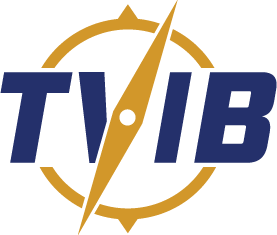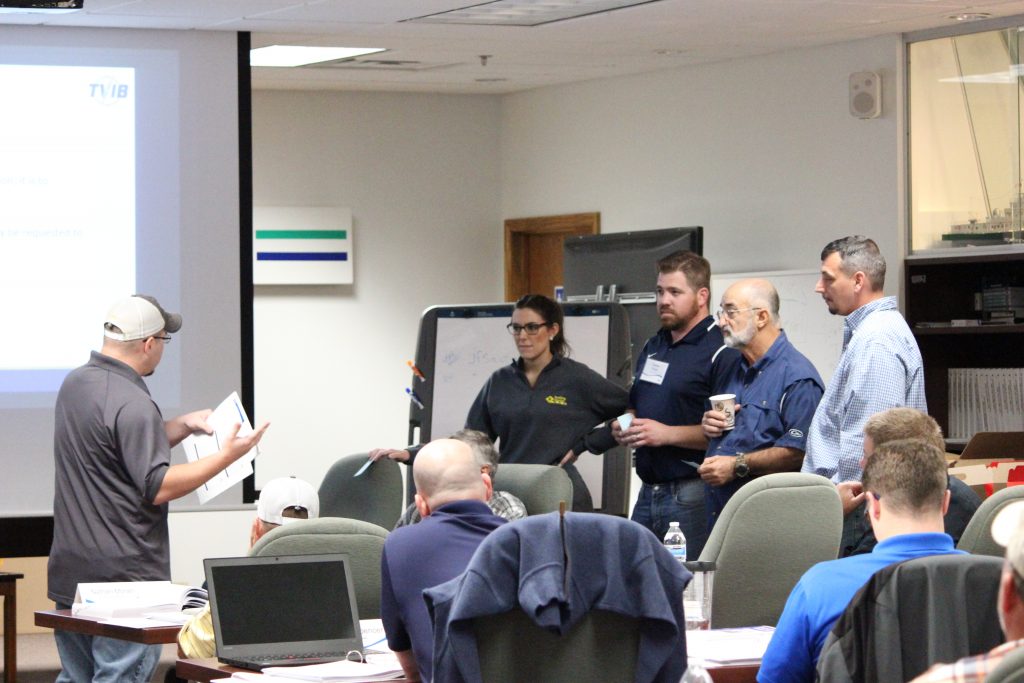TVIB Course Reschedule Alert!
March 13, 2020
Dear Industry Partners and Friends,
Due to the growing concerns of the COVID-19 virus and out of an abundance of caution we have decided to reschedule the upcoming Annual Survey of Towing Vessels (ASTV) course scheduled for April 14th – 16th at our main office in Channelview, TX.
We have rescheduled this training for June 23rd – 25th in Channelview, TX. We hope those that have already registered for the original dates will move to the new dates in June. Of course, anyone unable to attend can have those funds placed on account for future courses or request a full reimbursement.
Finally, if you’ve reserved a room at the Holiday Inn Express & Suites, you will need to contact the hotel directly at 346-410-5050 and cancel within the timeframe specified in your reservation details to prevent penalties.
We will greatly miss our time together, but we look forward to seeing you at one of our future training dates. If you have further questions or concerns, we are here to help! Always feel free to email info@thetvib.org or call 832-323-3992.
Kind Regards,
Your TVIB Staff


